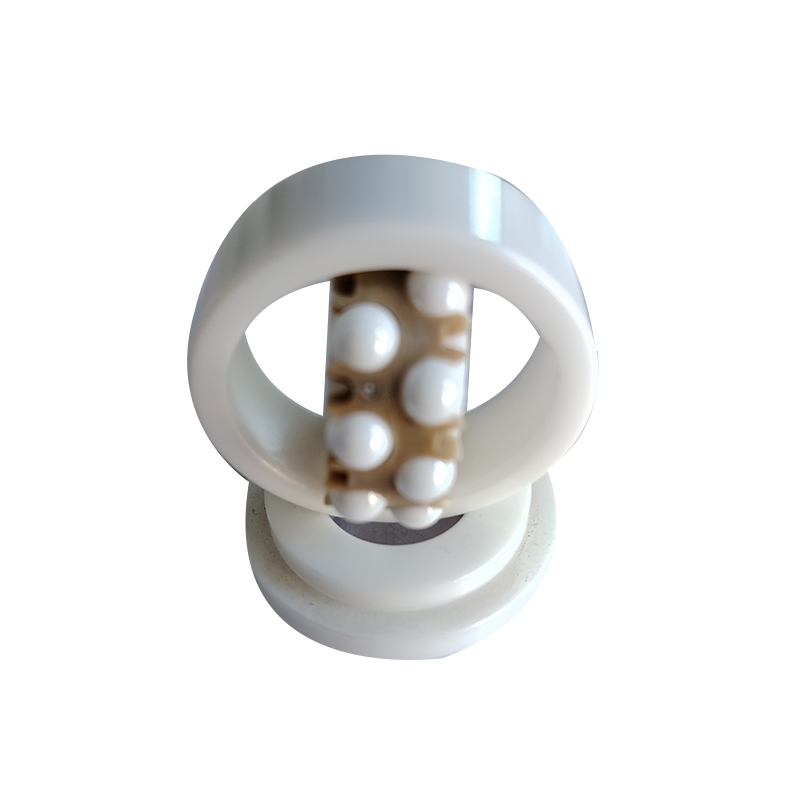Oct . 19, 2024 07:17 Back to list
greasing motor bearings manufacturers
Greasing Motor Bearings An Essential Maintenance Practice
Motor bearings play a crucial role in the overall performance and longevity of electric motors. These components are designed to reduce friction between moving parts, thereby enabling efficient operation. To ensure that they function smoothly and have an extended lifespan, proper lubrication through greasing is essential. This article delves into the significance of greasing motor bearings, the best practices involved, and insights from manufacturers.
The Importance of Greasing Motor Bearings
Greasing motor bearings serves several key purposes. First and foremost, it reduces friction, which is one of the leading causes of wear and tear in rotating machinery. When bearings operate without sufficient lubrication, the metal surfaces can grind against each other, leading to premature failure. Greasing not only minimizes friction but also prevents overheating, which can damage both the bearings and the motor itself.
Moreover, lubrication helps protect against contaminants. Dust, dirt, and moisture can find their way into the motor bearings, causing corrosion and other forms of degradation. A well-greased bearing acts as a barrier against these contaminants, ensuring a clean operating environment. This protection is particularly important in industrial settings where motors are exposed to harsh conditions.
Best Practices for Greasing Motor Bearings
When it comes to greasing, several best practices can help maximize the effectiveness of the process. Manufacturers recommend the following guidelines to ensure optimal lubrication
1. Select the Right Grease Different types of motors and applications require specific types of grease. It’s essential to choose a grease that matches the operating temperature, load, and speed of the motor. The manufacturer's specifications should always be consulted for the best recommendations.
2. Determine the Right Amount Over-greasing can be as problematic as under-greasing. Excess grease can lead to increased heat and pressure within the bearing, potentially causing damage. Typically, a small amount of grease is sufficient—just enough to fill the bearing cavity without overfilling.
greasing motor bearings manufacturers

3. Frequency of Application The frequency with which bearings should be greased depends on several factors, including the operating environment, load conditions, and motor usage. In general, regular inspection and maintenance schedules should be established to determine the appropriate greasing intervals.
4. Greasing Tools Using the right tools simplifies the greasing process. Grease guns, for instance, provide a controlled method of applying lubricant without contamination. It’s also vital to ensure that the grease itself is clean and free from debris before application.
5. Monitoring and Inspection Regular monitoring and inspection of motor bearings are essential components of an effective maintenance strategy. Look for signs of grease degradation, unusual noise, or heat. Early detection of issues can prevent further complications and extend the motor's life.
Insights from Manufacturers
Leading manufacturers of motor components emphasize the significance of proper bearing maintenance. Many offer comprehensive guidelines and resources to help users understand the importance of lubrication and the best practices for application. Additionally, they often provide a range of greases specifically formulated for different applications, ensuring that clients can find the best fit for their unique operational needs.
As the industry continues to evolve, innovations in bearing technology and lubrication systems are being developed. Some manufacturers are now introducing self-lubricating bearings or systems that allow for automated greasing, significantly reducing the maintenance burden on operators.
Conclusion
Greasing motor bearings is a fundamental practice that can drastically affect the performance and longevity of electric motors. By adhering to the best practices outlined above and leveraging insights from manufacturers, operators can ensure their motors run efficiently and reliably. With the right approaches to lubrication, businesses can reduce operational costs and prevent unexpected downtime, reinforcing the critical role of maintenance in motor management.
Latest news
-
25MM 2 BOLT UCFLX05-14 Flange bearing unit( oval)
NewsMar.07,2025
-
4 bolt UCF 200 series Pillow block bearings
NewsMar.07,2025
-
25MM 2 BOLT UCFLX05-14 Flange bearing unit( oval)
NewsMar.07,2025
-
UCF216-50 4-Bolt Flange Housing Square Bearing
NewsMar.07,2025
-
25MM 2 BOLT UCFLX05-14 Flange bearing unit( oval)
NewsMar.07,2025
-
spherical roller bearing material exporter
NewsMar.07,2025





